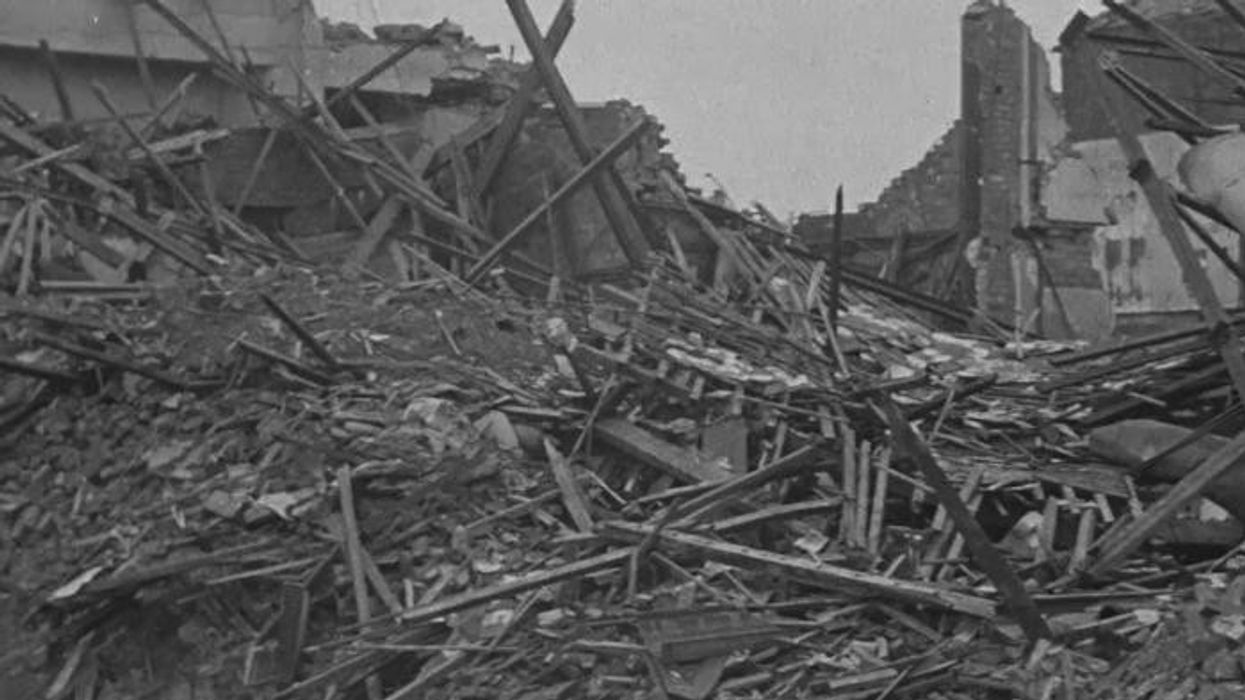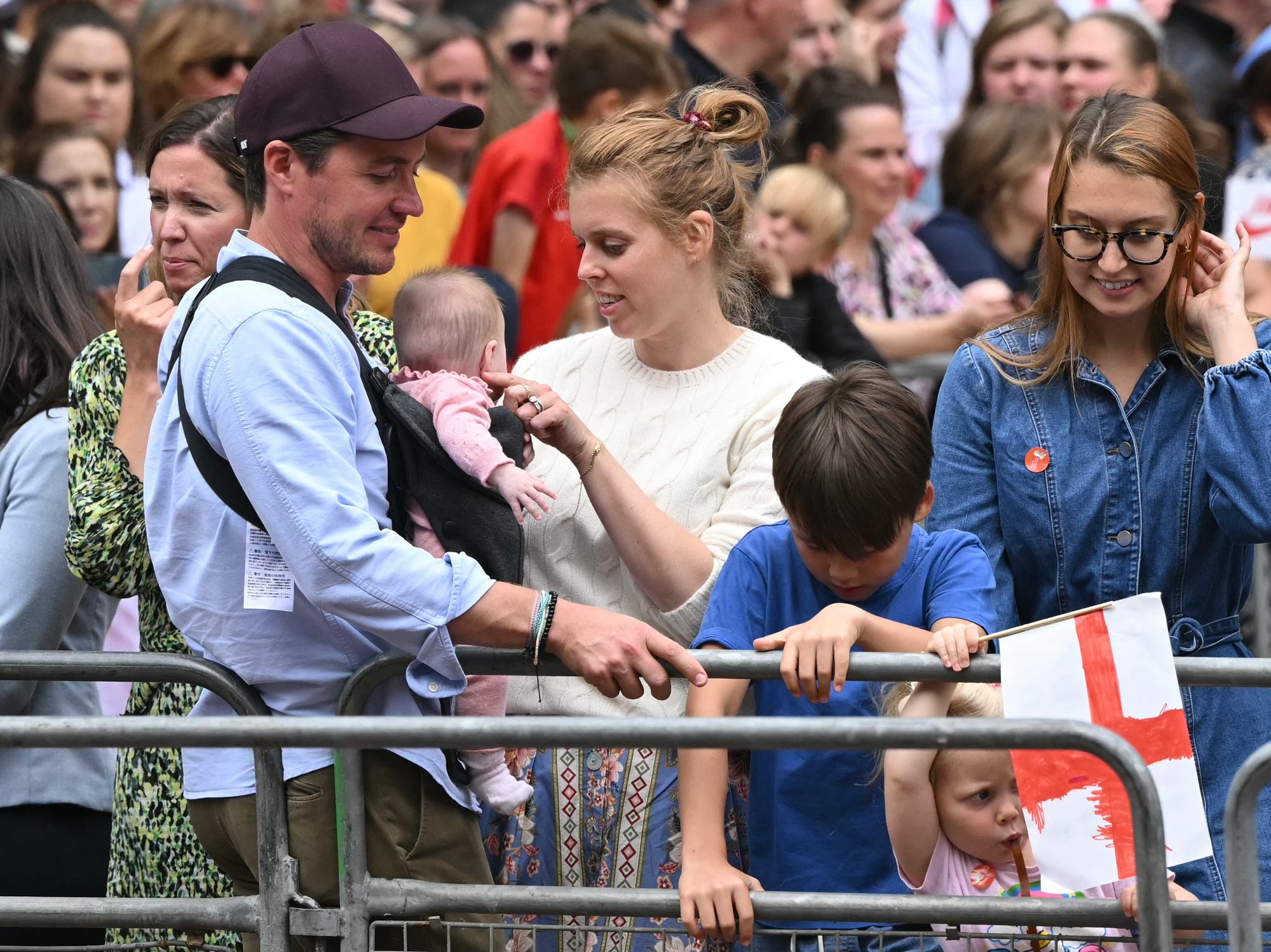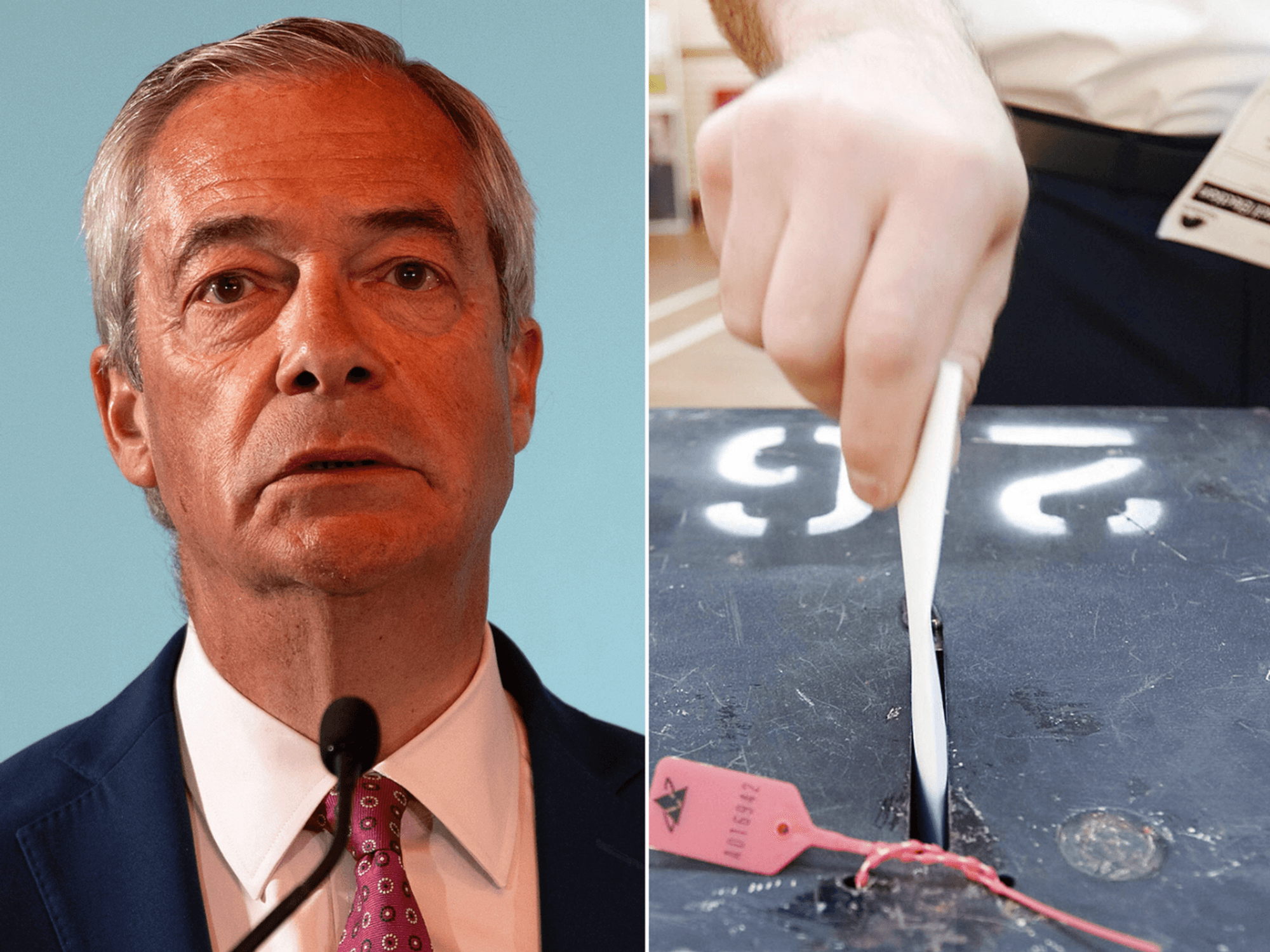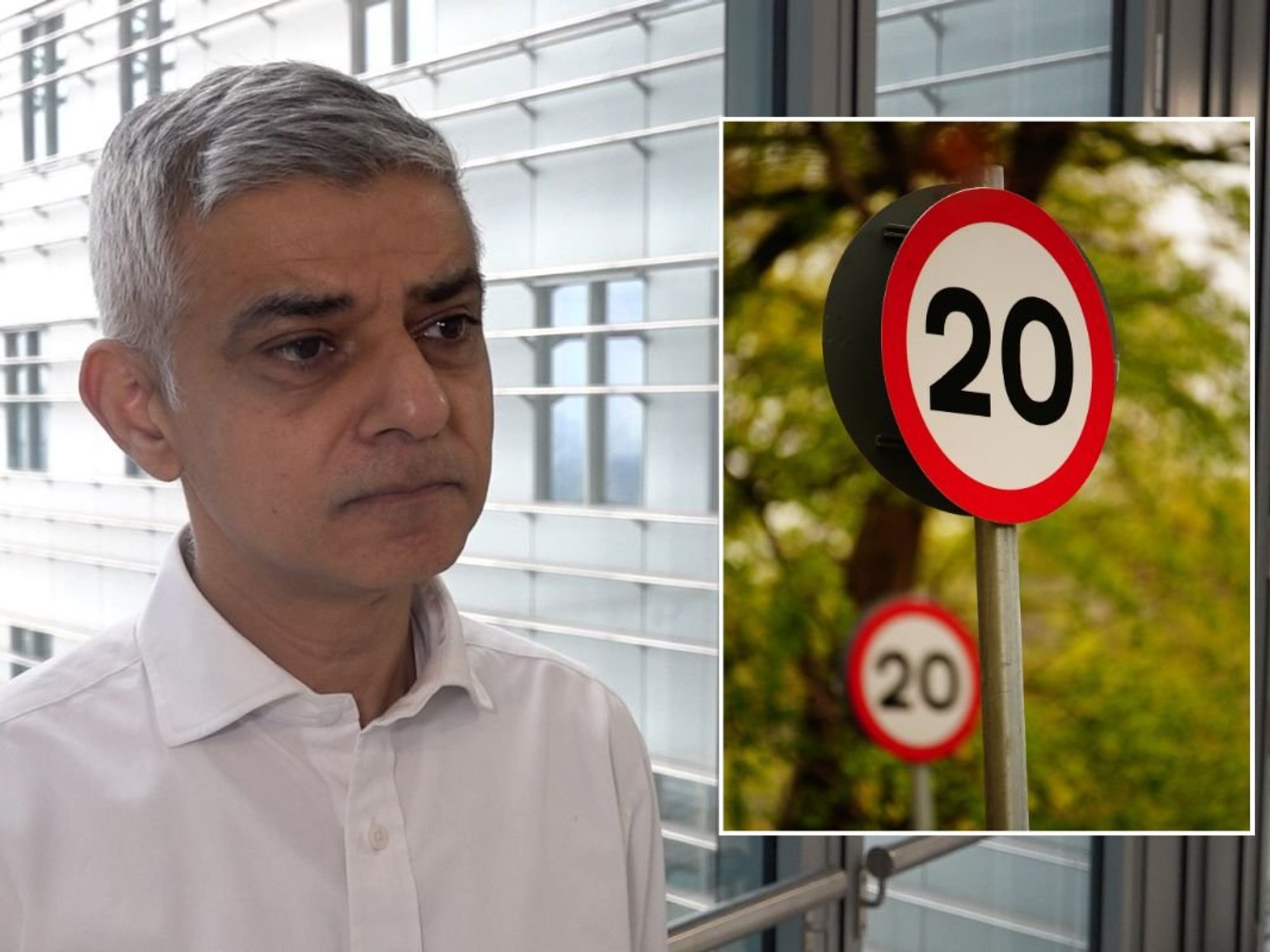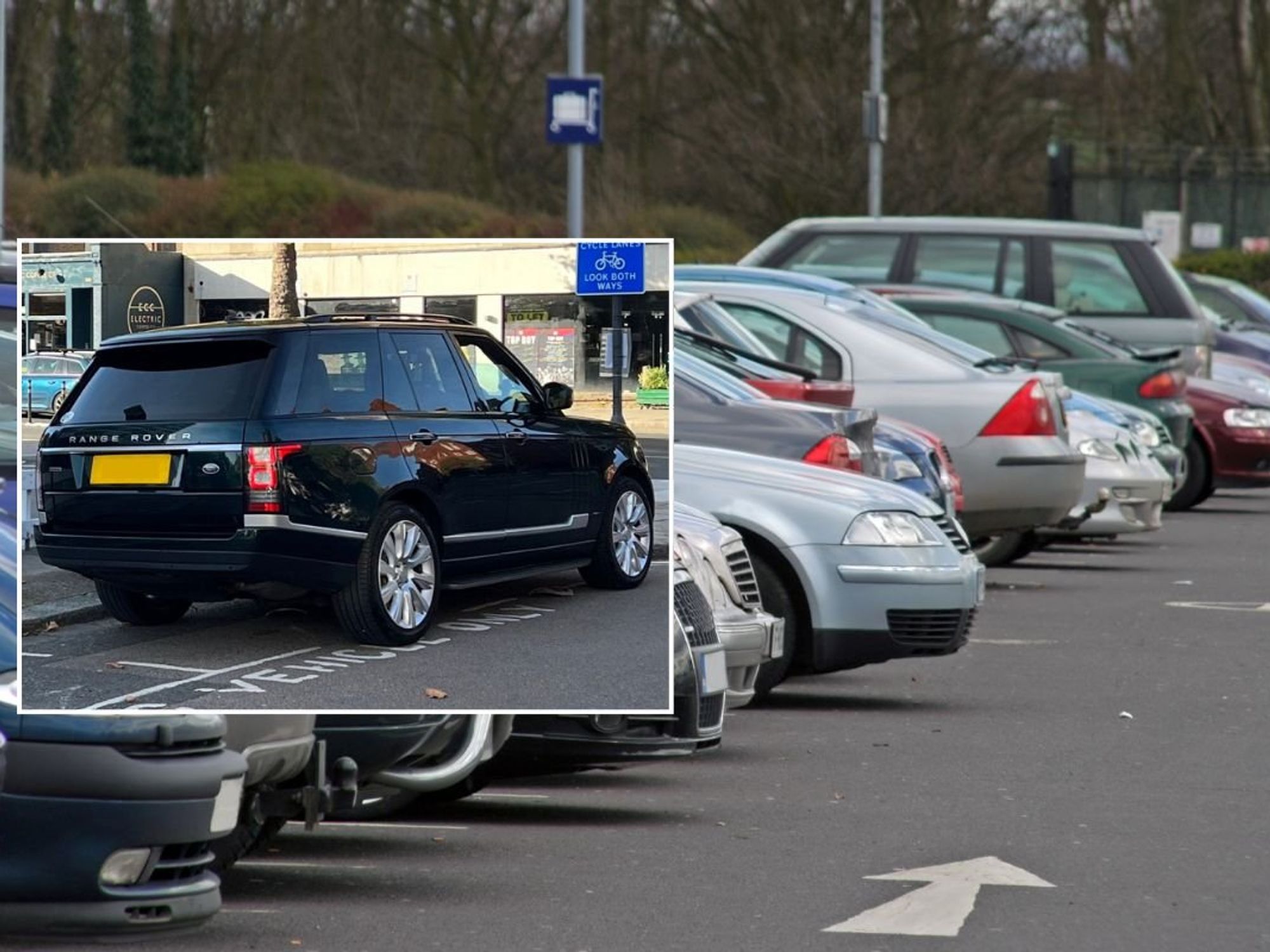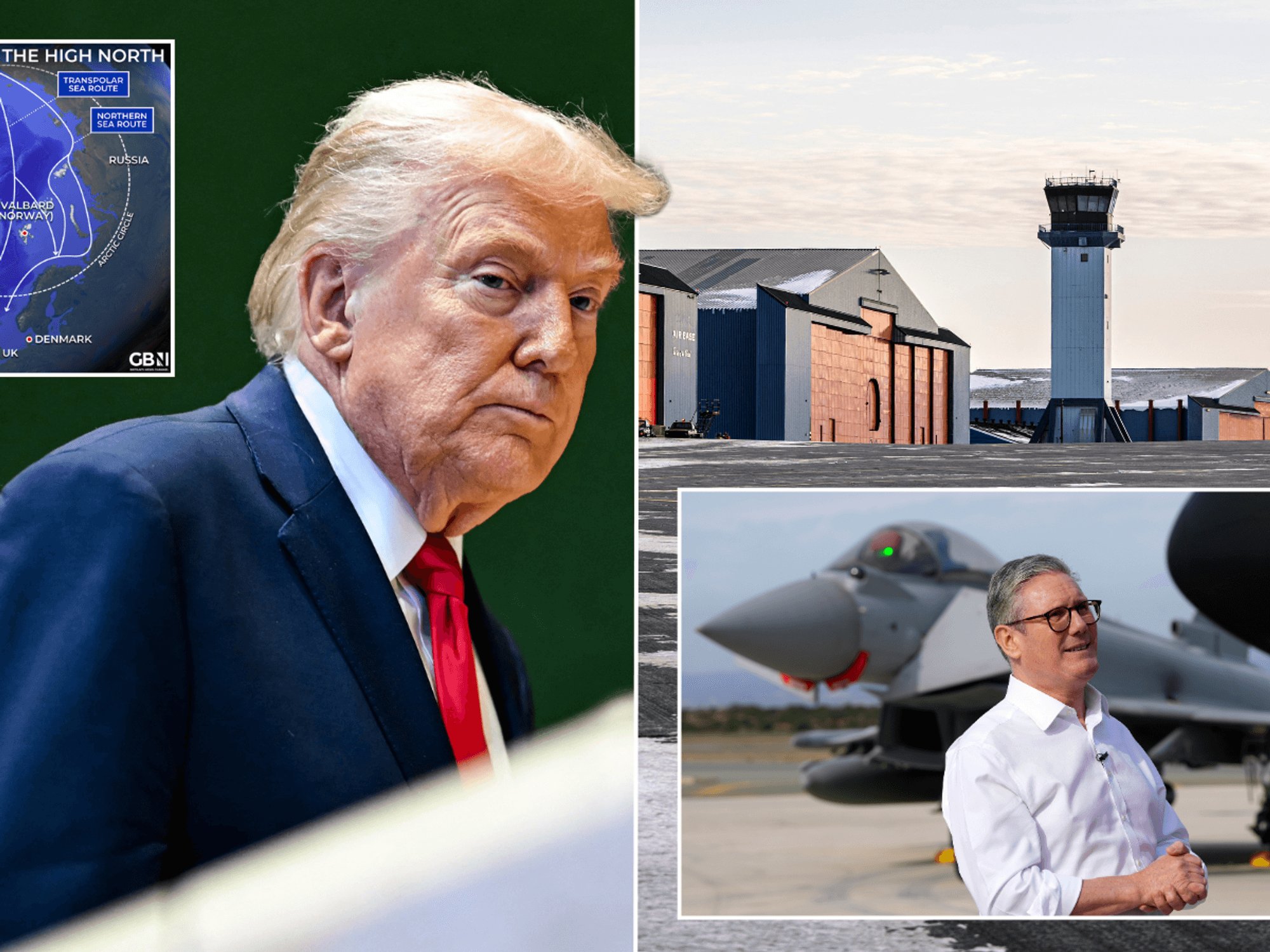Air raid memorial remembers hundreds who died in blitz unknown to many Britons

Hull was the most targeted British city outside of London
Don't Miss
Most Read
More than 1,200 civilians who died in Hull during World War Two have been honoured in the annual Citizens' Air Raid Memorial Service, with tribute also being paid to emergency service personnel.
Hull was forever changed by the Second World War, with 82 German air raids on the city during the conflict making it the second most bombed city in England with 95 per cent of the city’s housing was damaged or destroyed.
During the three days between the May 7-9, 1941, known as the Hull Blitz, Luftwaffe air raids killed more than 400.
Cllr Kalvin Neal is the Lord Mayor of Kingston upon Hull and Admiral of the Humber and told GB News: “We have separate celebrations and commemorations for those that fell in service during the military service, so this is more about the residents and the citizens of the Hull city that were lost during the war.
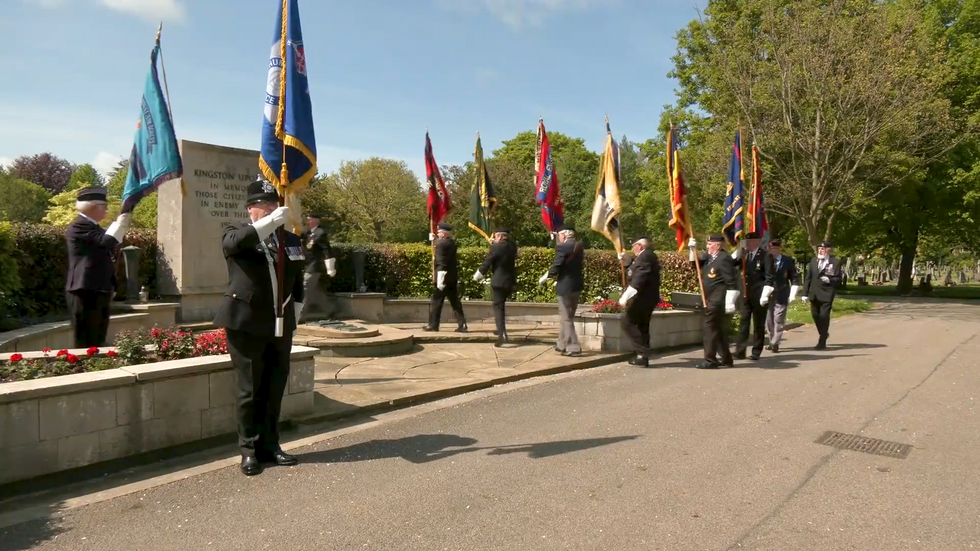
Air raid memorial remembers hundreds who died in blitz unknown to many Britons
|GB News
“It’s important for them to remember that we were bombed heavily, there were many civilians – women, children, men, that were lost during the Second World War so it’s important for that.”
Hull was the most targeted British city outside of London due to its importance as both an industrial centre and a strategic port. Its location on the North Sea coast also meant it could be the first target for German aircraft and a place to drop munitions before heading back.
Censorship throughout the war meant that Hull was often only referred to as "a North East Coastal Town" on the radio and in news reports. The true extent of the devastation of the city was largely not known to people outside Hull until after the war ended.
“It’s a massive port and it’s on the right side of the country, ready to go across to Europe, so as far as that goes, Hull was a massively important port at that time,” said Cllr Kalvin Neal, Lord Mayor of Kingston upon Hull and Admiral of the Humber.
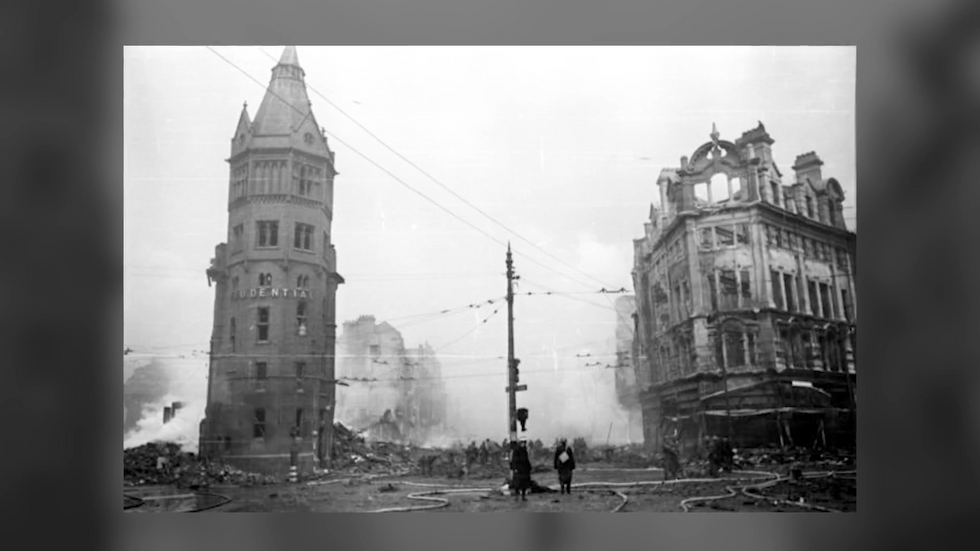
Hull was the most targeted city after London
|GB News
“The Government of the time didn’t want Hull to be known as the bombed city, so they were saying ‘the northern city’ to try and detract from the fact that it was actually Hull that was bombed. They didn’t want the Germans to know how badly affected Hull was.”
At the Citizens' Air Raid Memorial Service in Hull’s Northern Cemetery, the service also commemorated the 300 men, women and children buried in unmarked mass graves in the city’s Northern Cemetery who lost their lives as civilians in the war.
Peter Grundy is a Standard Marshall for Royal British Legion and told GB News: “We’re showing respect to those that did die and those that don’t have a named grave so by doing a small service, everybody will know where they are buried, and it’s with respect that we do it for them.
“I think a lot of civilians paid the price because they were doing the dangerous things because the men were away in the war, so they were really looking after the country.
“You have to remember, otherwise we probably wouldn’t be here today. If the war had gone another way, it could have been totally different.”
Reverend Stephen Whaley also gave a sermon at the memorial event and representatives from Hull City Council, the emergency services, the voluntary sector, standard bearers and representatives of the Armed Forces were also in attendance.


